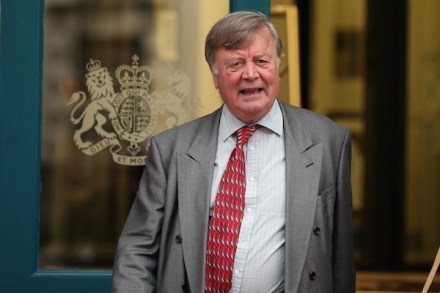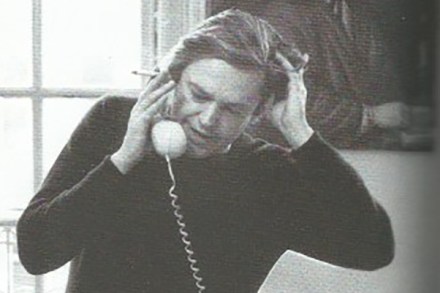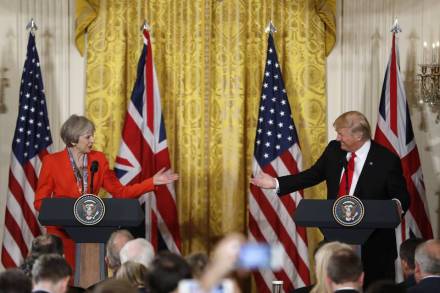When Ken Clarke failed to stand up to fascism
This afternoon, Ken Clarke made a particularly lively contribution to the Article 50 debate when he announced that his party had become ‘Eurosceptic and mildly anti-immigrant’. As the Remain campaigner complained that ‘no serious’ country actually holds referendums, he claimed even Enoch Powell would be surprised by how hostile to immigration the Conservatives have now become. While the latter point will come as news to many Tories, Mr S couldn’t help but recall that the Tory grandee’s record on immigration can hardly be described as pristine. When Clarke was studying at Cambridge university in 1961, he invited Sir Oswald Mosley to address the Cambridge Tories. While Clarke hoped an appearance from the founder of the British Union of Fascists




















